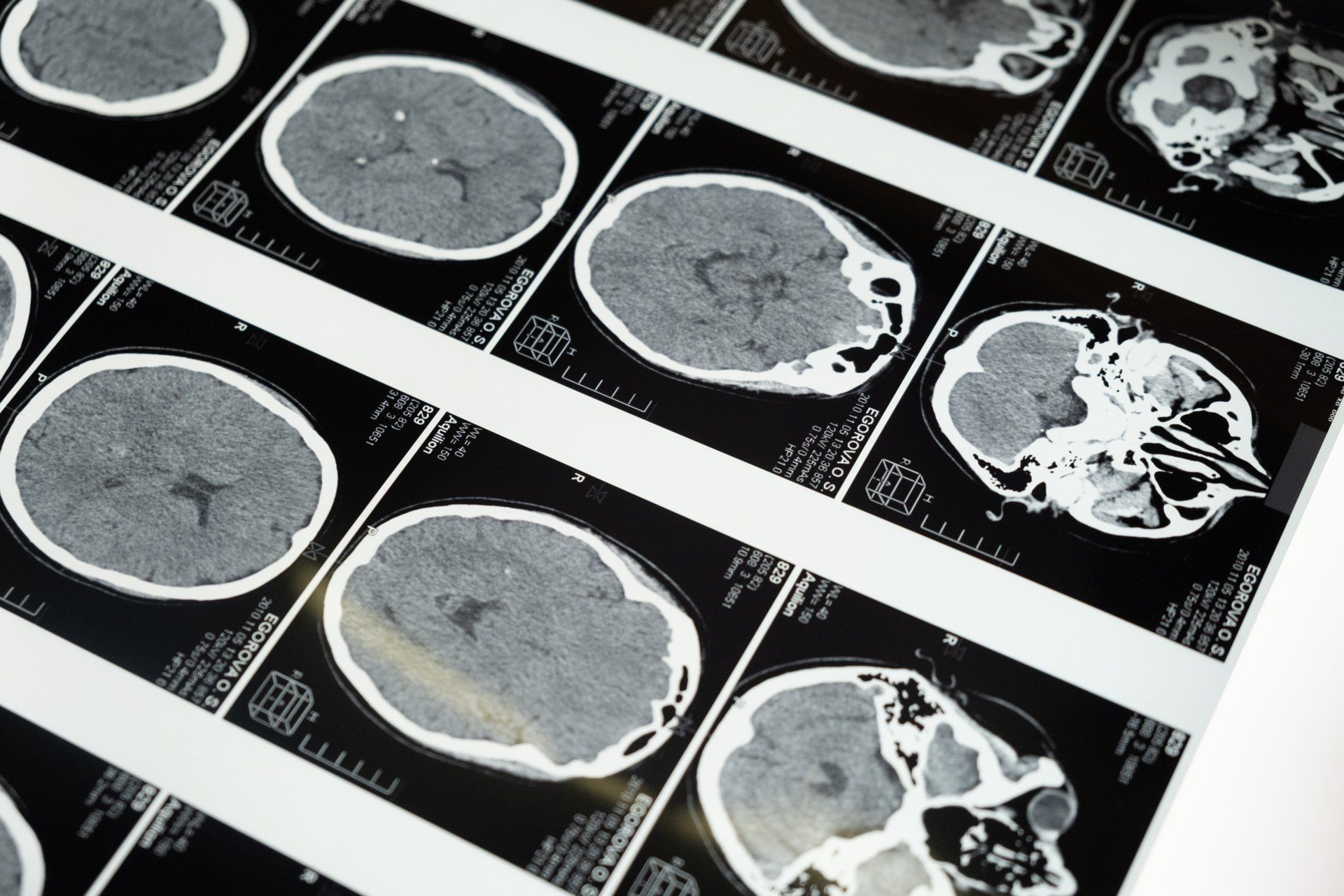What Causes a Stroke?
What Causes a Stroke?

Stroke is the most common symptom of cerebrovascular disease.
Cerebrovascular disease is a term used to refer to any "disease" affecting the brain's blood vessels. It includes all conditions in which any part of the brain is deprived of blood (and oxygen) either temporarily or permanently. The blood vessels may be malformed, weakened, narrowed, or blocked.
When any disease process leads to the complete blockage of a blood vessel in the brain, a stroke (also called a cerebrovascular accident or CVA) occurs.
Strokes are the fifth leading cause of death in the United States and the leading cause of disability in adults.
As with cerebrovascular diseases, scientists and doctors classify strokes as either ischemic or hemorrhagic.
Ischemic Strokes
An ischemic stroke occurs when blood flow is temporarily or permanently blocked in the brain.
Approximately 85% of all strokes are ischemic.
Things that may cause a narrowing or complete blockage include:
- Atherosclerosis: plaque build-up on the walls of the blood vessels
- Clots: blood clots form and block the blood vessel
- Embolism: a piece of plaque breaks off from somewhere else and travels to a new location where it blocks the blood vessel
- Thrombosis: a blood clot forms and blocks the blood vessel
- High blood pressure
- Clotting disorders
- Illegal drug use: this is a common cause of stroke in young people
- Moyamoya disease: can cause strokes in children and young people
- Malformations of the blood vessels
Hemorrhagic Strokes
Hemorrhagic strokes are less common than ischemic strokes and occur when a blood vessel ruptures and blood leaks into the brain tissue. These can be caused by:
- Uncontrolled high blood pressure
- An aneurysm that ruptures
- Malformations of the blood vessels
- Medication used to prevent blood clots
- Illicit drug use, especially cocaine
- Amyloid angiopathy
- Cancer that spreads to the brain
Tranischemic Attack
A trans ischemic attack (TIA) is a temporary stroke. The blood flow is stopped long enough for damage to begin but restored without permanent damage.
Causes and symptoms are the same as those for strokes, but the symptoms clear up with no lasting problems. Treat TIAs like strokes; you should go to a hospital even if symptoms clear up.
A stroke is a medical emergency.
It is critical to recognize and treat stroke quickly as possible to reduce disability or death. Call 9-1-1 immediately if you or someone around you is experiencing symptoms of a stroke.
Remember: FAST
- Face droops, or their smile is uneven
- Arm numbness or weakness that occurs suddenly
- Speech problems, such as sudden difficulty speaking or understanding someone else
- Time to call 9-1-1!
Do not try to bring the person to the hospital, and DO NOT attempt to drive yourself to the hospital if you have any of these symptoms. Strokes can get worse very quickly; call 9-1-1, and emergency medical personnel will be able to care for you and monitor your situation on the way to the hospital.
Even if the symptoms stop before an ambulance arrives, the person should still go to a hospital. A TIA is a sign that a stroke could happen at any time.
Need a medical writer?
Thank you for reading my blog!
Sources:
American Association of Neurological Surgeons. (n.d.). Cerebrovascular Disease. https://www.aans.org/Patients/Neurosurgical-Conditions-and-Treatments/Cerebrovascular-Disease
Khaku, A. S. (2021). Cerebrovascular Disease. https://www.ncbi.nlm.nih.gov/books/NBK430927/
Khaku, A. S. (2021). Cerebral Vascular Disease (Nursing). https://www.ncbi.nlm.nih.gov/books/NBK568674/
Northwestern Medicine. (n.d.) Understanding Stroke and Cerebrovascular Disease. https://www.nm.org/conditions-and-care-areas/neurosciences/comprehensive-stroke-centers/understanding-stroke-and-cerebrovascular-disease











